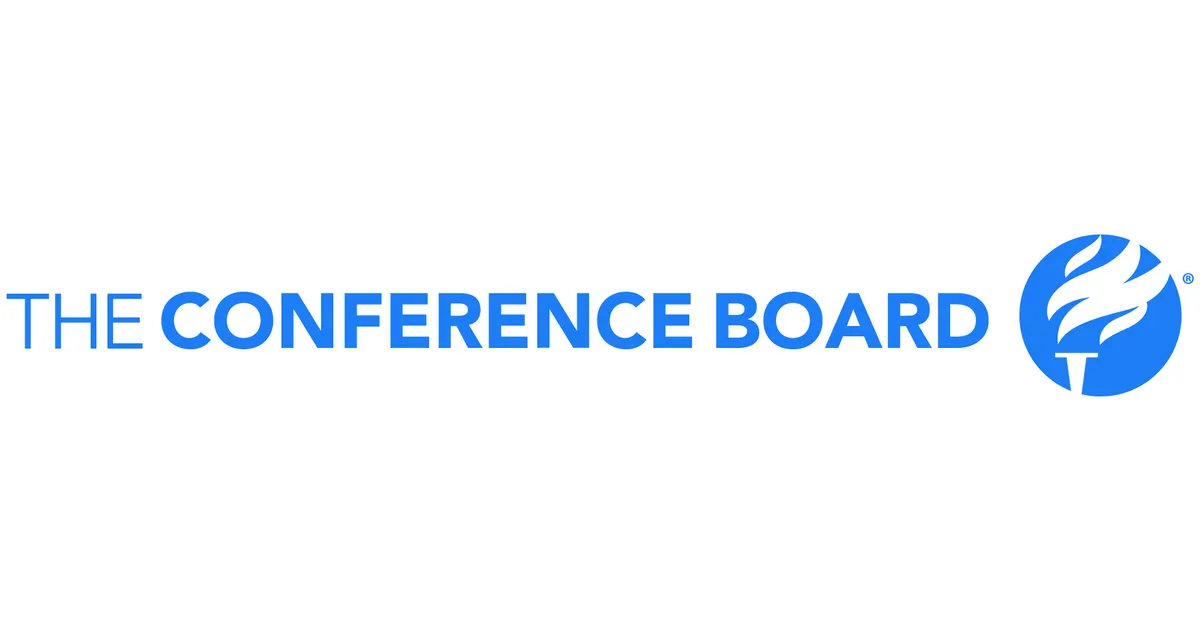
On June 24, 2025, the Conference Board Consumer Confidence Index® revealed a significant decline in consumer sentiment, dropping by 5.4 points to a score of 93.0 (1985=100) from the previous month's 98.4. This decline signals growing unease among consumers regarding the overall state of the economy.
The Present Situation Index, which reflects consumers' assessments of current business and labor market conditions, fell by 6.4 points to 129.1. Similarly, the Expectations Index, which measures consumers' short-term outlook for income, business, and employment, decreased by 4.6 points to 69.0. This figure is significantly below the 80-point threshold that often indicates an impending recession. The preliminary results were based on data collected up until June 18, 2025.
Stephanie Guichard, Senior Economist at The Conference Board, noted that the decrease in consumer confidence during June effectively erased nearly half of the sharp gains recorded in May. The deterioration was widespread, with both the Present Situation Index and the Expectations Index contributing to the overall decline. Consumers expressed a less favorable view of the current business conditions compared to May, with their appraisal of job availability also weakening for the sixth consecutive month. Despite this, the labor market remains robust.
The three components of the Expectations Index, namely business conditions, employment prospects, and future income, all showed signs of weakening. Consumers expressed greater pessimism regarding future business conditions and job availability over the next six months, with a slight erosion in optimism about future income prospects.
Interestingly, the decline in consumer confidence was evident across all age groups, income brackets, and political affiliations, with the most significant drop occurring among Republican respondents. Guichard highlighted that consumer feedback indicated a consistent focus on specific economic issues, with tariffs at the forefront of consumer concerns. These tariffs were often linked to worries about their negative impacts on the economy and rising prices.
Inflation and high prices remained significant concerns for consumers in June, although there were slightly more mentions of easing inflation compared to the previous month. This aligns with a decrease in consumers' average 12-month inflation expectations, dropping from 6.4% in May to 6.0% in June, down from 7% in April.
Despite the overall decline in confidence, consumers' outlook on stock prices showed signs of recovery from April's 16-month low. In June, 45.6% of consumers anticipated that stock prices would rise over the next 12 months, an increase from 37.6% two months prior. Regarding interest rates, 57% of consumers expected rates to increase, marking the highest expectation since October 2023.
While consumers' views on their family's current financial situation remained stable, there was a slight deterioration noted. However, expectations regarding their family's future financial situation improved, reaching a four-month high. The proportion of consumers anticipating a recession within the next 12 months increased slightly in June, remaining above levels recorded in 2024.
Purchasing plans for automobiles remained steady, reaching the highest levels since December 2024, while intentions to buy homes decreased. Compared to May, a growing number of consumers expressed uncertainty about their plans to purchase big-ticket items overall. Plans to buy most appliances showed a slight increase, while intentions to purchase electronics declined. Additionally, consumers' intentions to spend on services weakened compared to May, with dining out being the most significant category for spending intentions, alongside motor vehicle services, museum/historic sites, and fitness.
In June, consumers' assessments of current business conditions became less favorable. Only 19.0% described business conditions as good, down from 21.4% in May, while 15.3% reported that conditions were bad, an increase from 13.7%. There was also a cooling in consumers' views regarding the labor market, with only 29.2% stating that jobs were plentiful, a decline from 31.1% in May.
Looking ahead, consumer expectations for business conditions over the next six months also turned more pessimistic. Only 16.7% believed business conditions would improve, down from 19.9% in May, while 24.0% expected conditions to worsen, a slight decrease from 25.4% in the previous month.
In summary, the latest Consumer Confidence Survey® conducted by The Conference Board reflects a notable decline in consumer sentiment amidst ongoing economic concerns. As consumers navigate uncertainties related to the labor market, inflation, and overall economic conditions, their spending intentions and outlook for the future remain cautious. For more detailed insights and updates, visit the Conference Board website.